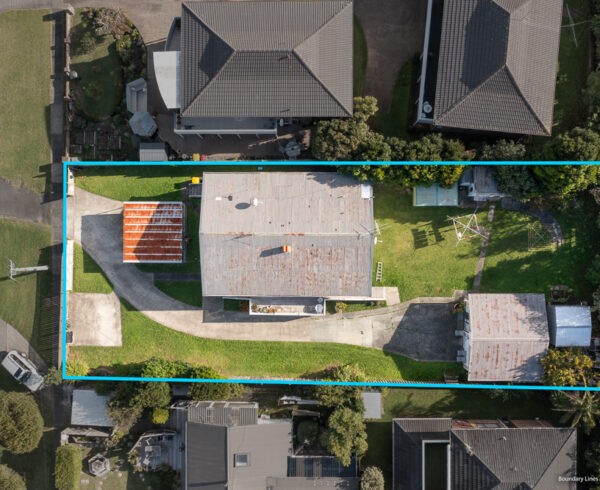Here are some tips to help you prepare for the long, cold wet winter and reduce the risk of damage some storms can make:
Inside
• Head to your local curtain store and purchase some heavier curtains for the winter season to prevent losing up to 40 per cent of the household heat through uncovered windows.
• Keep your electricity bill at bay while staying warm by not heating rooms above 22 degrees.
• If you are only heating one room, ensure you close the doors to other rooms not in use.
• Embrace natures free heating – open your curtains on a sunny day to warm up the room.
• If you have any broken window latches, replace them to stop your windows blowing open on a cold and windy night.
• Winter is the storm season so it’s a smart idea to keep spare batteries, torches, matches and candles handy.
Outside
• If you haven’t already got ceiling insulation, now might be a good time to consider it. An insulated home can use nearly 50 per cent less energy than a house with old thinning insulation or none at all.
• If you have any gaps or cracks around the home, ensure you fill them with gap filler and place a bean filled ‘snake’ across any doors. This will ensure you do not lose up to 25 per cent of the heat in your home.
If you’re thinking of changing the way you heat your property this winter you might want to consider the following.
Fuel. Do you have access to natural gas in your neighbourhood? Or perhaps a free supply of firewood if you reside in a rural area? Select a heater based on the materials readily available to you.
Size of the area. If you want to heat a small area for a short period of time, you can get away with buying a cheap heater even if the running cost is higher. If you want to heat the whole house, it’s worth investing in a more expensive heater that is efficient with low running costs; it will pay for itself in the long term.
Climate. Do you need to heat your house all day or just in the evening? If it’s hot in summer and cold all day in winter, a reverse-cycle air conditioner may be a good option.
Research. Compare and contrast various products. If you are building from scratch, you could include central heating in the design. Or consider insulation, ventilation, curtains and the size of the windows in your property; these all impact on how well the heat stays in your home.
Cost. You need to consider the initial purchase price, any installation costs
and the running costs; work out what suits your budget and needs.







Recent Comments